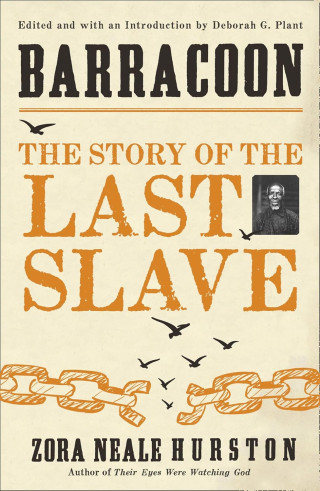A few weeks shy of her 69th birthday, Zora Neale Hurston died abandoned, bankrupt, and ill. Though her friends knew her as authentic and imaginative, the innovational ethnographer was regarded as obdurate and unyielding—a woman with a cause.
She began writing a book on folklore in 1927. She was still a student, spending months interviewing Oluale Kossola, the third-to-last black cargo of the middle passage. They met during her research trip down south. Yet, publishing her drafts—later disclosed as Barracoons (2019)—took almost a century. Prospective publishers rejected her writing. They refused to publish a Kossola-inspired dialect. An unwavering Hurston did not change his voice; she knew her publisher’s anticipated white readers. ‘Go hard or go home,’ she wrote decades later, before passing away. Today marks sixty-five years since she went home.
“Man, like all the other animals, fears and is repelled by that which he does not understand, and [the] mere difference is apt to connote something malign.”
— Zora Neale Hurston, “What White Publishers Won’t Print.”
I’m currently reading You Don’t Know Us Negroes: And Other Essays (2022), one of her many posthumously published texts. The book webs together essays penned by Zora, primarily in the 1920s, when she was still a student at Barnard College, the first black woman to graduate, and a growing figure of the only Renaissance america has ever seen.
Under the mentorship of Dr. Franz Boas, founder of anthropology at Columbia University, Hurston trekked home, conducting fieldwork across the South. Before she traveled in 1926, she was to complete fieldwork in Harlem as Boas' research assistant, collecting data on Black culture. He requested she conduct anthropometric research, measuring the skulls of black people across the neighborhood. Langston Hughes, her friend, was astonished no one called her out.
Hurston got personal in her research of the 'Negro farthest down’ under the mentorship of Boas and, later, Charlotte Osgoode Maison: a funder who supported many Renaissance figures, asking her beneficiaries to call her 'godmother.’ Hurston bought herself a car and a revolver, asking her people about hoodoo, conjure, and folklore. Then, she was introduced to Kossola and began her status as a seminal citation in feminist anthropology. But to maintain her funding, Hurston hid her prose, fiction, plays, and stories about black love and life as she wrote thank-you letters to Maison, addressing her as "mother of the primitive world.”

